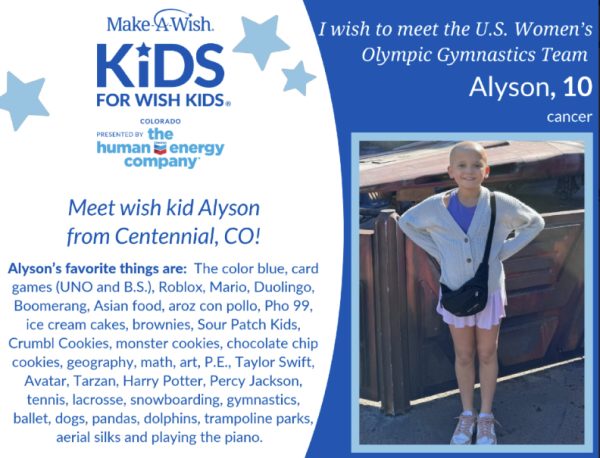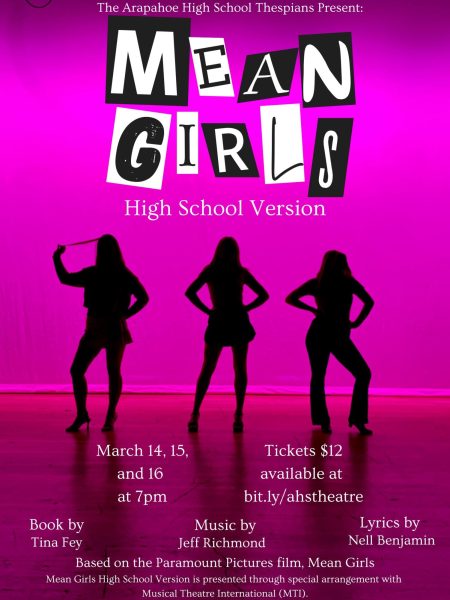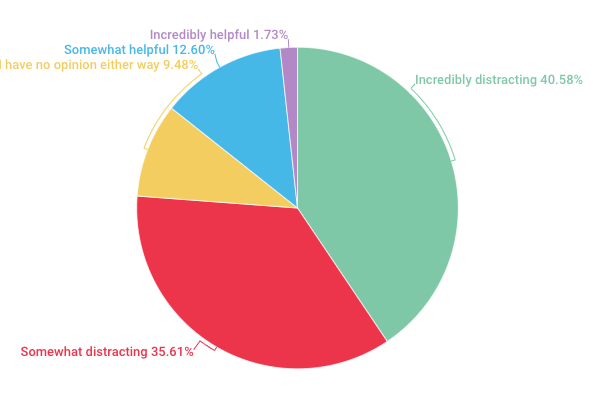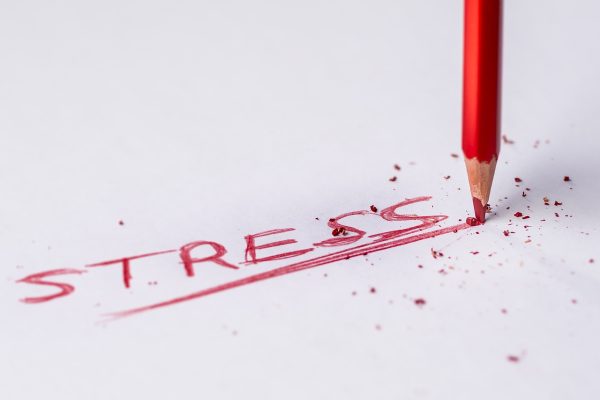Chris Harrison vs. Bachelor Nation – Let’s Talk About It

March 8, 2021
The Bachelor Franchise has aired some of the most watched reality TV seasons of all time. Between “The Bachelor”, “The Bachelorette”, “Bachelor in Paradise” and other small spin offs throughout the years, this franchise has millions of viewers hooked on their goofy way of getting contestants to fall in love.
This year’s season of “The Bachelor” follows Matt James, and his story is unique for two reasons; one being that he has never been cast for “The Bachelorette”, which is usually a prerequisite for being the Bachelor, and two being that he is the franchise’s first black bachelor. Of course, there have been black contestants for years, and this comes four years after the first black Bachelorette, Rachel Lindsay, but this is the first year the franchise chose someone of color to be the male lead of a season.
Through James’ season, the nation has fallen in love with frontrunner Rachael Kirkconnell. The two seem to really like each other and she has been a fan favorite since the beginning. A few weeks into the season, old photos resurfaced of Kirkconnell attending an Antebellum themed frat party, along with the rest of her sorority, at Georgia College and State University. This caused a massive uproar throughout Bachelor Nation, especially since Rachel Lindsay, in recent years, has been advocating against the racist and crude comments black contestants and leads have been facing.
When this controversy began, Chris Harrison sat down for an interview with Rachel Lindsay for her show, and his response has had him under major backfire. In the interview, Lindsay asks Harrison about the drama surrounding Rachael Kirkconnell’s so called “racist past”. Harrison states multiple times that he is in no way defending Kirkconnell’s previous actions, but he also asks viewers to give her a better sense of grace, compassion, and understanding, at least until she comes forward and speaks on the topic herself. Rachel Lindsay proceeds to ask Chris’s opinion about the Antebellum themed party that Kirkconnell attended in 2018, and he explains that when those pictures were posted two years ago, no one saw them as a problem at the time, as it was a very popular party theme. He continues in saying that just because it was popular doesn’t mean it was right or justified, but it’s the fact that the majority of people in attendance of the party were unaware of the history behind the Antebellum theme. In response, Rachel Lindsay stated that she too agreed that “not everybody knows everything,” but she explained how she was more upset with the fact that Rachael Kirkconnell remained silent for weeks after the photos resurfaced and the rumors came to be. The interview continued on for a while longer, and ended on what seemed to be a more positive note, but it wasn’t until after the interview aired to the public when the controversies came to light.
Harrison ended up stepping away from the last live episode of Matt James’ season, the “After the Final Rose” episode, due to the upset within Bachelor Nation he had caused by his seeming defense of Rachael Kirkconnell’s actions from 2018. The biggest problem with all the controversy, though, is that Harrison never once defended Kirkconnell’s actions, he was simply asking Lindsay and the rest of Bachelor Nation to wait for Kirkconnell to speak up and explain what she experienced. Chris Harrison took a very neutral approach to the interview and still experienced backlash and hate for what he said. This goes to show that no matter who you are in the public eye, if you say one wrong thing, you may never recover from it.
This whole situation and uproar caused is a great example of how relevant “cancel culture” is in our society today. If you are in the public eye, you have to be perfect or your career is over almost immediately. The times are changing and we are learning more and more every day, but at the same time people are always changing, and we must have faith that those bad decisions or choices that happened two, ten, or even twenty years ago, were made by different people than those we look up to now.












